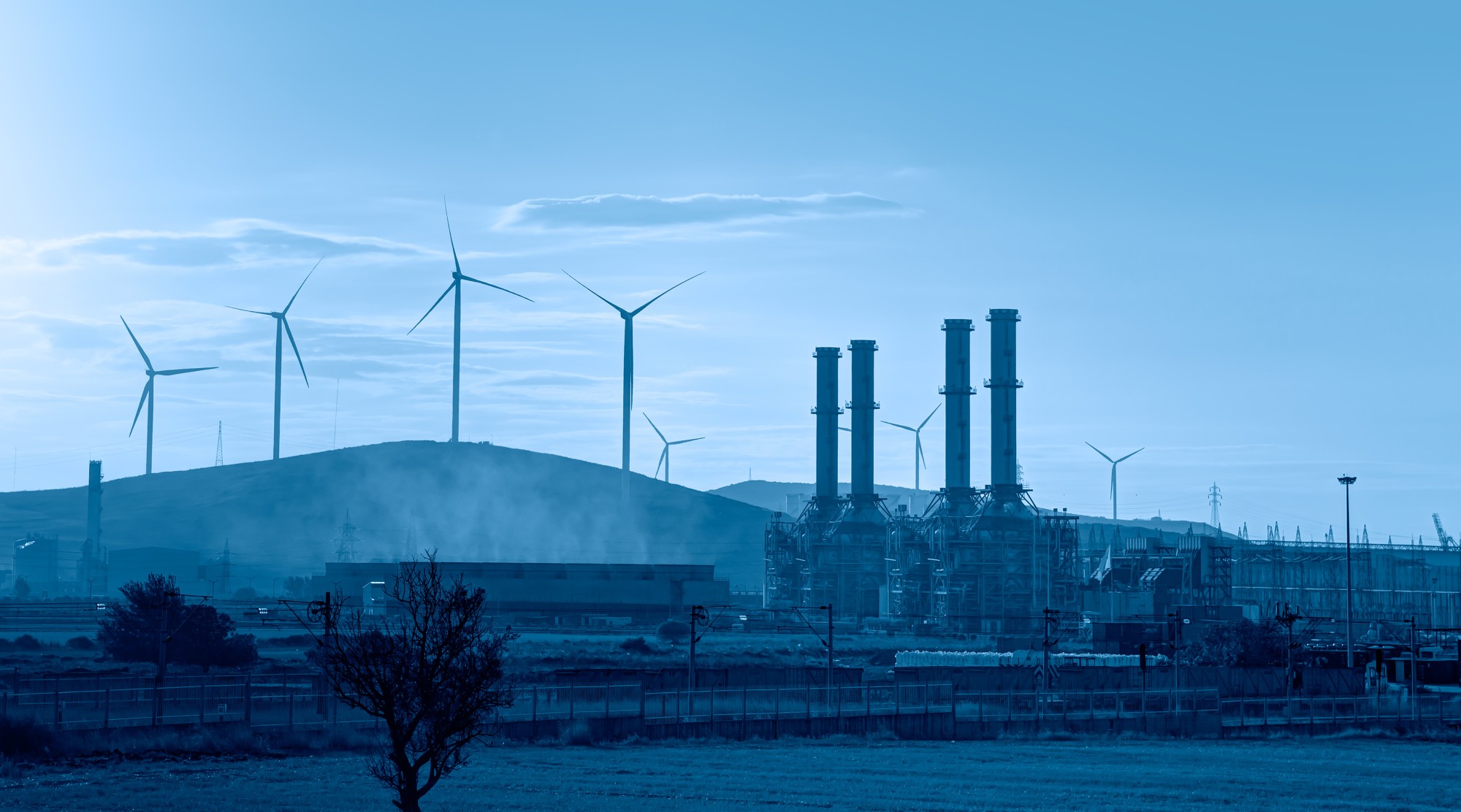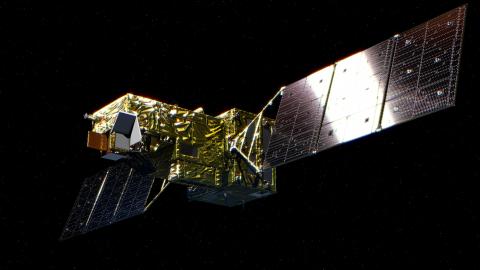Stepping up action this decade to curb climate change is crucial. If global temperatures are not to rise by more than 1.5 degrees Celsius, CO2 emissions must be reduced by 45% by 2030. This was one of the conclusions of the last climate summit, held in Glasgow, Scotland, in November 2021. So how are countries doing in terms of measures to emit less greenhouse gases?
We will find out on 4 April, when the Intergovernmental Panel on Climate Change (IPCC) releases its Working Group III study, which assesses measures to reduce emissions and remove greenhouse gases from the atmosphere, i.e. climate change mitigation.
It is an important study because, as one of its main authors, Alejandro Caparrós, explains to SMC Spain, "it is the first after the Paris Agreement, which was signed in 2015 and came into force in 2016. It is the first time we are assessing whether it is working".
The previous study on mitigation is from 2014
The report before this one is from 2014, before the Paris Agreement. In this agreement, "all signatory countries make voluntary commitments to reduce emissions," says Caparrós, "so it is a substantial paradigm shift from the previous Kyoto Protocol, in which only industrialised countries limited their emissions according to individual agreed targets. Now we will know if what was agreed in Paris is having an effect".
On the opening day of this week's meeting, which approves the final text of this study, IPCC chair Hoesung Lee stressed that "the next few years will be crucial for the state of climate change in this century, so an updated assessment of mitigation is more important than ever. The Working Group III report will shed light on solutions to address this challenge by providing us with the latest scientific findings on climate change mitigation".
Mitigation in all social and economic sectors
The content of the mitigation study is strictly embargoed. But we do know "what it is about", says Caparrós: identifying what works in reducing greenhouse gas emissions.
As the IPCC's own Panel III website explains, "climate change mitigation is achieved by limiting or preventing greenhouse gas emissions, and by enhancing activities that remove greenhouse gases from the atmosphere. Because these gases come from a variety of sources, climate mitigation can be applied to all sectors and activities, including energy, transport, buildings, industry, waste management, agriculture, forestry and other forms of land management".
The report to be published on 4 April touches on all these areas, according to an already familiar outline with some fifteen chapters that also include analyses of emission trends; forms of mitigation compatible with short-, medium- and long-term goals; social aspects of mitigation; international cooperation; and technological innovation.
239 authors from dozens of countries
The complex process of producing the report is also well known, involving the work of 239 authors from dozens of countries.
Five of them are Spanish, although only three worked from Spain: Caparrós, who for some months now has been Professor of Energy Economics at the University of Durham (UK) on leave from his position at the Institute of Public Goods and Policies of the CSIC; Xavier Labandeira, Professor of Economics at the University of Vigo; and Luisa Cabeza, Director of the Research Group on Energy and Artificial Intelligence at the University of Lleida.
All the authors were selected in 2018 by a committee of the IPCC itself after a global call for papers, based on their academic merits.
"It is an unpaid job that takes many hours," says Caparrós; "it is done for prestige and because you want your research to have repercussions and be useful".
Three years analysing the available information
He and the other authors have spent almost three years reviewing all the available scientific literature. Caparrós has devoted himself, like a dozen other authors, to the chapter on international cooperation. "We have met several times every year," says Caparrós. Because of the pandemic, most of these meetings have been virtual, a new experience for the IPCC "that has worked very well".
Since April 2019, when a first draft was completed, numerous experts other than the authors have reviewed several versions. By November 2021, when the latest draft was sent to governments, the text had received nearly 70,000 comments.
Jim Skea, co-chair of Working Group III, said at the time: "Our scientists have worked tirelessly to present this report with a solid assessment of the scientific evidence. The report will inform policy makers around the world about the solutions and opportunities available to us to address climate change".
The final piece of the IPCC's sixth report
Once approved, this Panel III study will form the third and final component of the IPCC's Sixth Assessment Report, which is expected to be published in September 2022.
The latest study of Working Group II, which studies the impacts of climate change, was published on 28 February 2022. The press release stated: "Climate change is causing dangerous and widespread disruption to nature and is affecting the lives of billions of people around the world, despite efforts to reduce the risks".
"The increase in heat waves, droughts and floods has already exceeded the tolerance thresholds of plants and animals, and has led to the mass mortality of various species, such as trees and corals," the Group II study continued. "Due to these phenomena, millions of people have been exposed to acute food and water insecurity, especially in Africa, Asia, Central and South America, as well as on small islands and in the Arctic.
In August 2021, Group I, which looks at climate science, published its latest work. Its press release stated: "Many of the observed changes in climate are unprecedented over thousands, if not hundreds of thousands of years, and some of the changes that are already occurring, such as continued sea level rise, may not be reversed for centuries or millennia".
Directions for accreditation and to receive embargoed information on the latest IPCC Panel III study:




